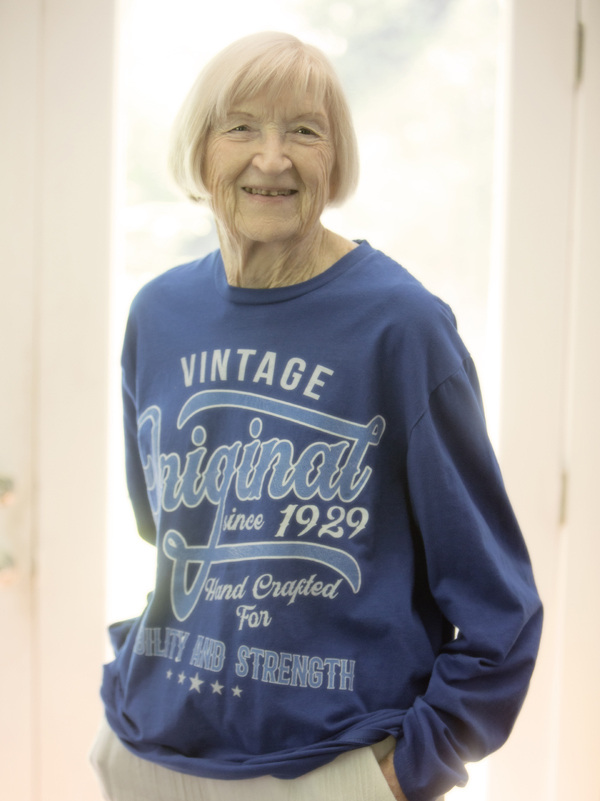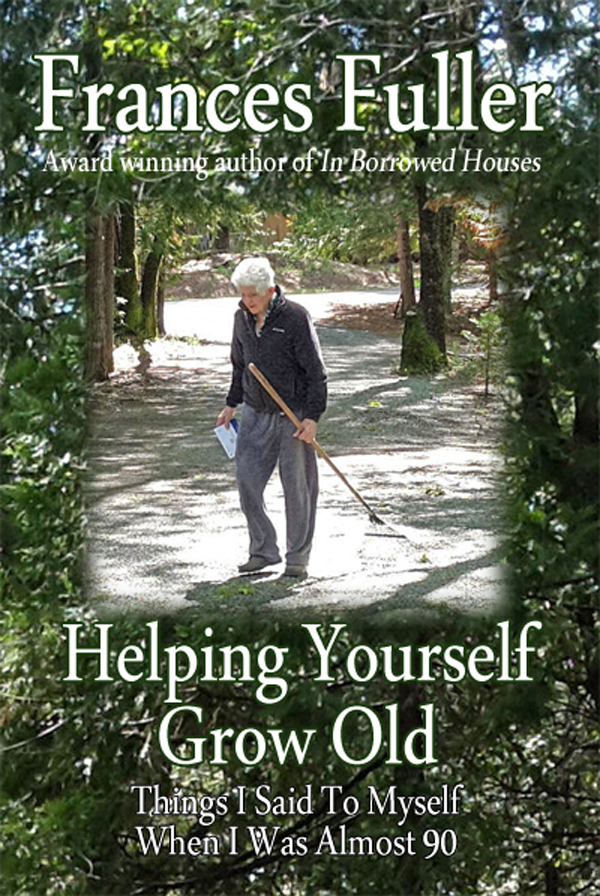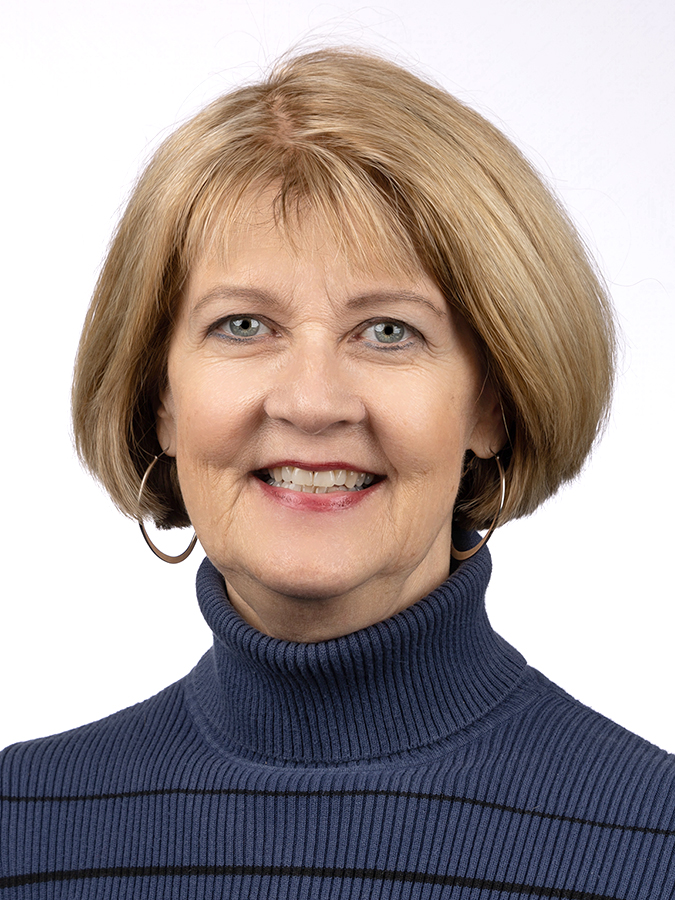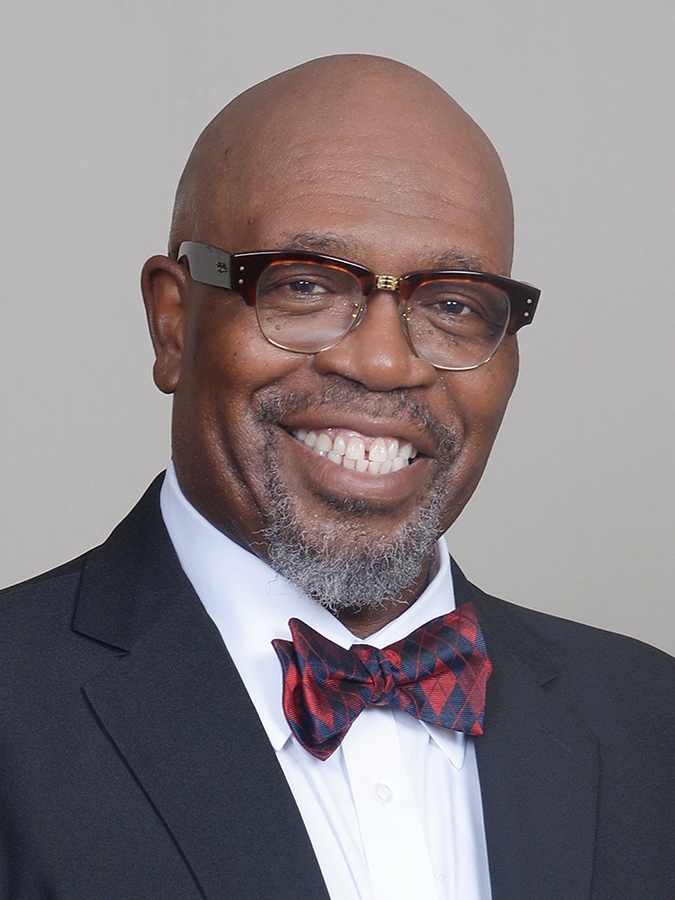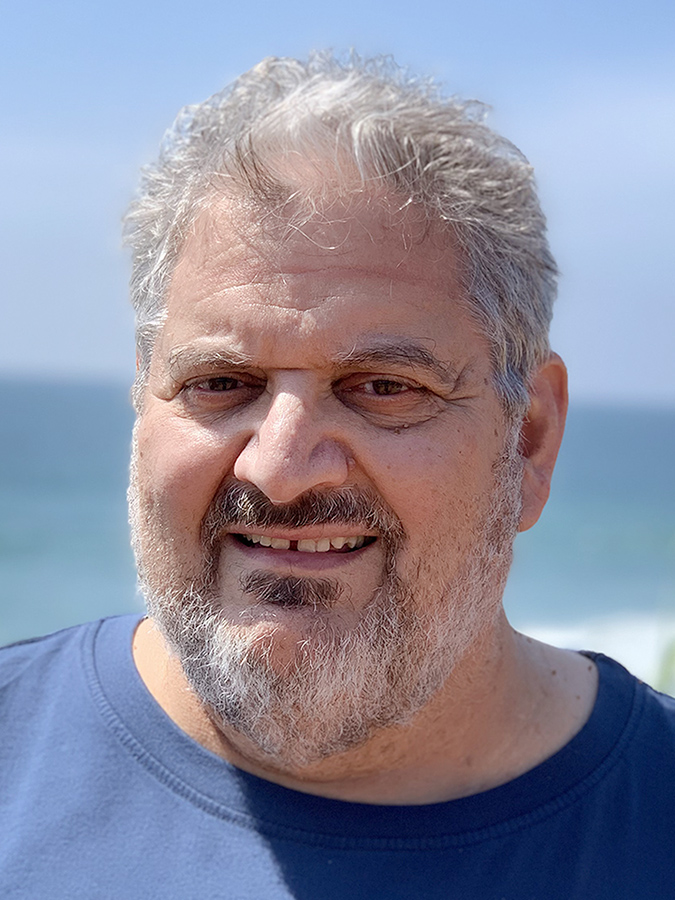WILMINGTON, NC, January 19, 2024 /24-7PressRelease/ — According to recent research, humor can be a memory booster. That’s good news for all of us, as none of us can escape aging. According to an article detailing a study on the effects of humor on short-term memory published on PubMed, “findings suggest that humor can have clinical benefits and rehabilitative implications and can be implemented in programs that support whole-person wellness for older adults”. Another study on the same site concluded, “Because older adults can experience age-related memory deficits, complementary, enjoyable, and beneficial humor therapies should be implemented for them”.
Frances Fuller, award-winning author of the bestselling book on aging, “Helping Yourself Grow Old,” recently posted an article titled, “Are You Forgetting Things?” in which she took a somewhat humorous look at forgetting. In that article, she said in part:
Forgetting?
Here in the retirement home, who isn’t forgetting?
A few weeks ago, I forgot to go to my book club. I love book club. The prevalence of active book clubs was one of the reasons I wanted to live here. I can’t believe I forgot book club. I think I just forgot that it was Thursday already.
This afternoon, while looking for something else (having forgotten where I put it), I found some notes I made attributing them to someone named Bill Murphy. I don’t mean to plagiarize your ideas, Bill, but I assume you meant for them to be passed on.
Bill said, according to my notes, that maybe we need better lighting. He thinks, it seems, that we remember better things we saw in the light. Or, more basically, maybe that light just livens up our brains. I believe I do feel a little more dull in the dark.
Bill said also that we should play a lot of games, such as crossword puzzles. I assume he would approve of my learning in the past year to work Sudoku puzzles. I once thought, just because it was numbers, that I couldn’t, but I have moved past easy and medium, and I am into hard puzzles, where I stumble and use my eraser rather frequently, but I know there are still harder ones coming.
Then he says some mysterious things, this anonymous friend, Bill. He says to try intermittent fasting. My previous efforts in that discipline have been outstanding failures. I do have an excuse, though. Last week I had a low blood sugar crisis just at the end of my supper and had to be rescued by a waitress who came running with the cheesecake. I am not sure what Bill expects fasting to do for my memory, and I can only promise to remember to eat on time and more carefully.
Then he suggests that we try walking backward . . .
The full text of the piece is available at https://www.inborrowedhouseslebanon.com/are-you-forgetting-things/.
Frances Fuller’s book is unique among the many books on aging, because it is personal, while most such books are written from an academic point of view. Most are penned by sociologists, doctors, gerontologists, even the CEO of AARP, and one by a Catholic nun, Joan Chittister. Chittister’s book, ‘The Gift of Years’ is beautifully written, focusing on spiritual values and finding meaning in life. Chittister admits in the preface that she was only 70, which is the front edge of aging, and her book is somewhat abstract.
Atul Gawande’s book, ‘On Being Mortal’, relates medicine and old age, It enjoys high Amazon rankings, in the category of “the sociology of aging.” It contains a great deal of valuable scientific information and shows understanding of the physical and emotional needs of the elderly.
Frances Fuller’s book, ‘Helping Yourself Grow Old, Things I Said To Myself When I Was Almost Ninety’, is an up-close and very personal encounter with aging. It is an uncontrived and firsthand look at her own daily experiences: wrestling with physical limitations, grief, loneliness, fears, and the decisions she has made about how to cope with these and keep becoming a better person. She faces regrets and the need to forgive herself and others and is determined to live in a way that blesses her children and grandchildren.
Frances deals with many common, universal but sometimes private issues in an open, conversational tone. Her confessions and decisions invite self-searching and discussion. She tries to make sense of her own past and to understand her responsibility to younger generations. In the process she shares her daily life, enriched with memories from her fascinating experiences. Her stories and her voice — fresh, honest, irresistible — keep the reader eager for more. The end result is a book that helps create a detailed map through the challenging terrain of old age.
The result of this intimate narrative is that readers laugh, cry and identify with her mistakes and problems. Reviewers have called the book, “unique,” “honest,” “witty,” “poignant,” “challenging” and “life-changing.”
For these reasons it is a book unlike any other book on aging you will ever read. The book can serve as a primer on what lies in store for all of us, from someone who is working through many of these issues. While the book is a perfect fit for book clubs, there are many other individuals and groups who could benefit from the information and ideas in the book:
Those approaching retirement
People who are currently retired
Children of aging parents
Those who have lost a spouse
Retirement community discussion groups
Counselors
Educators
Life coaches
Church groups (men and women)
and a host of others. For group discussions, Fuller has made a set of discussion questions available at her website at http://www.FrancesFullerAuthor.com.
Readers have lavished praise on the new book. One Amazon review stated, “I find myself thinking,’I need to read this again and take notes!’ It’s full of wisdom, humor, and grace. I also have committed to rereading it annually – it’s that important!” Another said, “There is valuable life experience in this book. Helping Yourself Grow Old is truly is a book for all ages, and one not to be missed.” Another stated, “Beautifully written book telling timeless truths, for both the old and the young. Highly recommend this book for anyone who loves to laugh, cry, and learn wisdom from someone who has lived so much life.”
Frances’ prior work, ‘In Borrowed Houses’, has taken three industry awards and has achieved Bestseller status. Frances Fuller was the Grand Prize winner in the 2015 ’50 Great Writers You Should Be Reading’ Book Awards. It received the bronze medal for memoir in the Illumination Book Awards in 2014. Northern California Publishers and Authors annually gives awards for literature produced by residents of the area. In 2015 ‘In Borrowed Houses’ received two prizes: Best Non-fiction and Best Cover.
Critics have also praised ‘In Borrowed Houses.’ A judge in the 22nd Annual Writer’s Digest Self-Published Book Awards called ‘In Borrowed Houses’ ” . . a well written book full of compassion . . . a captivating story . . . “. Another reviewer described the book as “Wise, honest, sensitive, funny, heart-wrenching . . .”. Colin Chapman, lecturer in Islamic Studies at the Near East School of Theology in Beirut said, ” . . . western Christians and Middle Eastern Christians need to read this story…full of remarkable perceptiveness and genuine hope.”
Frances has shared stories about her life in an interview with Women Over 70, and a recording is available on their Facebook page.
Frances Fuller is available for media interviews and can be reached using the information below or by email at [email protected]. The full text of her latest article is available at her website. Fuller’s book is available at Amazon and other book retailers. A free ebook sample from ‘In Borrowed Houses’ is available at http://www.payhip.com/francesfuller. Frances Fuller also blogs on other issues relating to the Middle East on her website at http://www.inborrowedhouseslebanon.com.
About Frances Fuller:
Frances Fuller spent thirty years in the violent Middle East and for twenty-four of those years was the director of a Christian publishing program with offices in Lebanon. While leading the development of spiritual books in the Arabic language, she survived long years of civil war and invasions.
# # #


